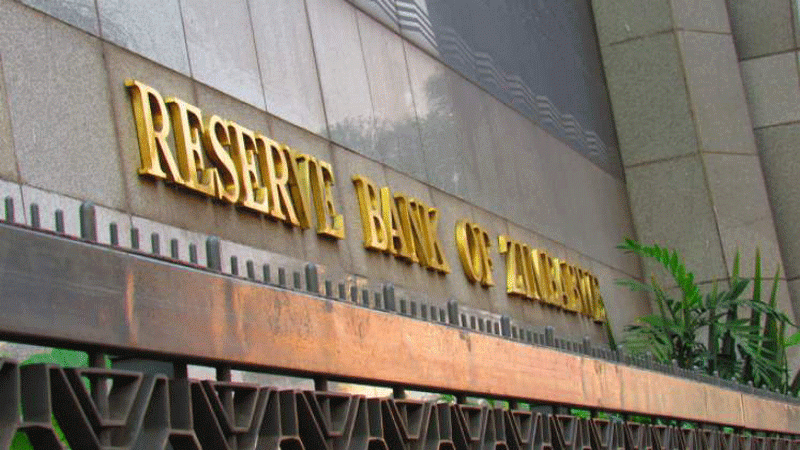
THE Securities and Exchange Commission of Zimbabwe (SecZim) and Reserve Bank of Zimbabwe (RBZ) are working on a framework to facilitate the trading of virtual assets, it has been revealed.
Virtual assets relate to a digital representation of values that can be digitally traded or transferred, and can be used for payment or investment purposes, such as cryptocurrency, digital tokens, non-fungible tokens and code.
While the terms digital asset and virtual asset are sometimes used interchangeably, virtual assets typically refer to items that exist within a specific virtual context.
Speaking during the recent inaugural Capital Markets Conference in Nyanga, Chengetedzai Depository Company (CDC) risk and compliance head Munyaradzi Mago said there was need for clear legislation to support a wide spectrum of virtual assets.
“Following the key requirements of the Data Protection Act, clients can then be advised once the virtual assets are traded and education and guidance can be provided to those who may want to go into this field,” he said.
“I’m happy to report that even as Chengetedzai, we have received invites from potential traders who are saying they would want to interface with our system to provide these virtual assets. We did what we were expected to do, as the onus does obviously lie with the regulator, so that they are also licensed.”
Why virtual assets will work with the CDC is because it already operates a central securities depository for the Zimbabwe’s securities industry.
“Unfortunately, to date, we have not seen any of them (potential traders) really coming back, but we are happy that the regulator (SecZim) has highlighted, together with the RBZ, that they are already working on a framework to enable virtual assets trading in the country,” Mago said.
- Rampaging inflation hits Old Mutual . . . giant slips to $9 billion loss after tax
- Monetary measures spur exchange rate stability: RBZ
- Zim deploys IMF windfall to horticulture
- Banker demands $21m from land developer
Keep Reading
He, however, added that the CDC faced challenges in introducing virtual assets.
“Even as we stand ready as depositories, the issue of infrastructural investment remains an issue because the infrastructures that we have and ride on are actually a number of them, foreign supplied. They need to be supported and also have annual licence fees paid,” Mago continued.
He added that there was already an informalised virtual asset ecosystem which, sadly, had seen several people losing funds because the dealer would, for example, simply say they lost their blockchain key.
Blockchain is a decentralised and distributed digital ledger technology that securely records transactions across multiple computers in a way that ensures the integrity and immutability of the data.
“Going into the future, as depositories, what do we say? We believe that the regulator should continue on the path and trajectory of providing a legislative framework and guidelines for virtual asset trading in the country because it’s happening,” Mago said.
“We cannot run away from it. In other countries, the good thing is that they have already regulated and approved it. So, our regulators may not be reinventing anything new. They should also look elsewhere. Even in Africa, we have a few countries that are already there, internationally and a lot more.”
According to the German online statistics website, Statista, revenue from the digital assets industry will reach nearly US$81 billion by year end and US$112,1 billion by 2028.
The total value of digital assets is US$2,42 trillion and is expected to reach over US$5 trillion by 2030, presenting a new viable asset class to tap into for Zimbabwe.











